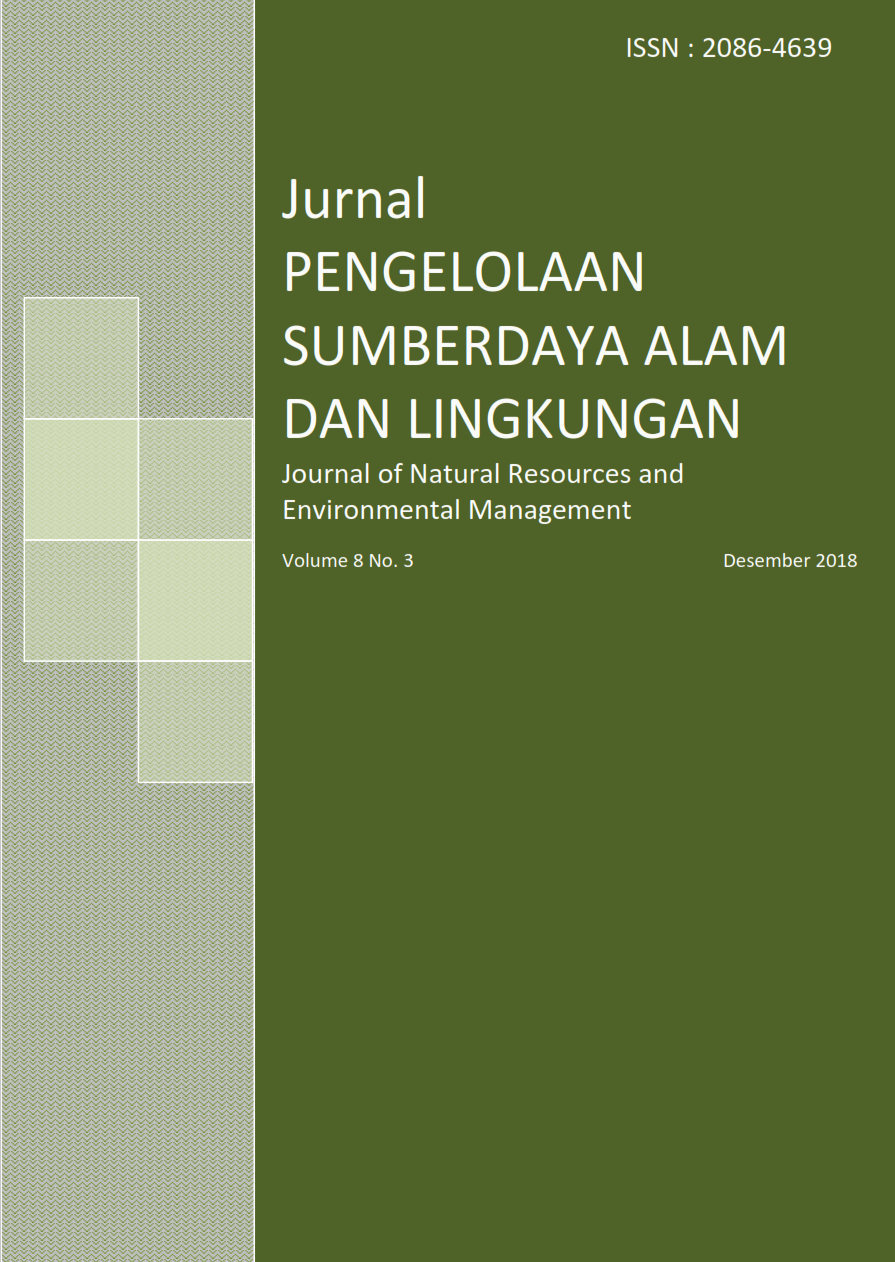Life Cycle assessment of vehicle fuels on production proccess in refinery field
Abstract
Indonesia as one of the developing countries has a high dependence on petroleum fuels derived from petroleum refinery as the main energy source. the use of foil in Indonesia is dominated to meet the needs of transportation vehicles. Fuel oil as a source of energy into the spotlight in the world lately because of the impact of environmental degradation that arise from the utilization. The industrial activity of fuel oil production in refineries is inseparable from the environmental impacts. The oil processing process at the refinery is the second highest emission contributor after the use of fuel oil itself during its product life cycle. In this research LCA analysis is conducted for the production of gasoline (bensin) and gasoil (diesel) vehicle fuels during processing at the refinery to compare the environmental impact of each type of fuel. From the result of LCA analysis, it is known that from two types of vehicle fuel, to produce 1 kilo litter of gasoline (bensin) type more energy and produce higher emission compared to diesel type gas (gasoil) fuel production. The gasoline fuel produced in the platformer unit is the product that has the highest emission contribution in its production process with greenhouse gas emissions of 1 Ton CO-2eq and the acid gas emissions of 0.001 Ton SO-2eq per 1 kilo litter of the resulting product.
Authors
BrataA. K., IsmayanaA. and YaniM. (2018) “Life Cycle assessment of vehicle fuels on production proccess in refinery field”, Jurnal Pengelolaan Sumberdaya Alam dan Lingkungan (Journal of Natural Resources and Environmental Management). Bogor, ID, 8(3), pp. 406-413. doi: 10.29244/jpsl.8.3.406-413.
Authors who publish with this journal agree to the following terms:
- Authors retain copyright and grant the journal right of first publication with the work simultaneously licensed under a Creative Commons Attribution License that allows others to share the work with an acknowledgement of the work's authorship and initial publication in this journal.
- Authors are able to enter into separate, additional contractual arrangements for the non-exclusive distribution of the journal's published version of the work (e.g., post it to an institutional repository or publish it in a book), with an acknowledgement of its initial publication in this journal.
- Authors are permitted and encouraged to post their work online (e.g., in institutional repositories or on their website) prior to and during the submission process, as it can lead to productive exchanges, as well as earlier and greater citation of published work (See The Effect of Open Access).






